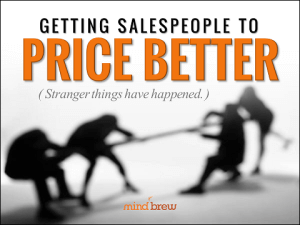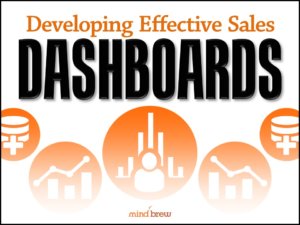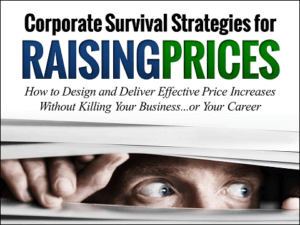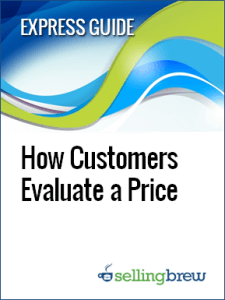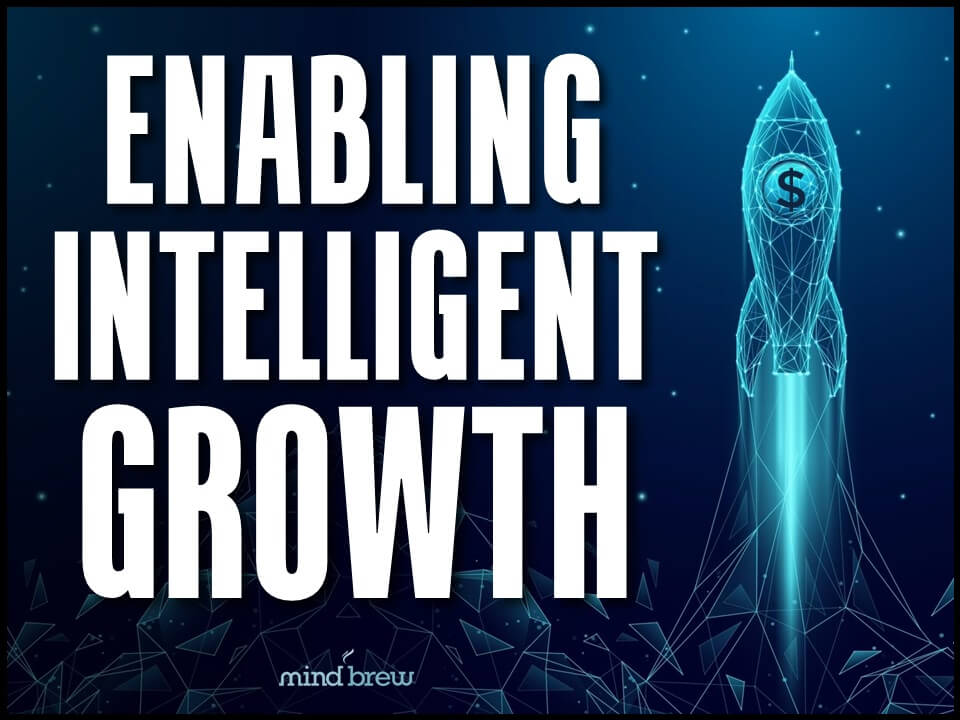In these blog posts, we frequently say that there aren’t any easy answers to pricing questions. But in this case there really is an easy answer. And that answer is yes.
Yes, you should give your salespeople a specific price. And yes, you should also give them a range.
Here’s why.
As much as you might like to think that your pricing model is infallible, the reality is that some slight adjustments might be necessary in the field. A particular customer might be experiencing an event that makes it more price sensitive or more willing to pay higher prices, and the salesperson on the scene is best positioned to make that call.
For example, if a long-time customer has just lost a costly lawsuit, maybe a slightly lower price might be appropriate as a show of solidarity and good faith. Or if the firm has a huge one-time order from one of its own customers and is having trouble sourcing enough supplies, it might be willing to pay a slightly higher price. Most pricing models don’t account for these sorts of short-term circumstances that might warrant price adjustments.
In addition, many customers simply expect to negotiate. If the salesperson doesn’t have any wiggle room, those buyers might feel like they are getting a bad deal—even if your target price is spot-on perfect.
Plus, if you only give your salespeople a target price, they’ll assume that slightly higher or slightly lower price would also be OK. However, the salesperson’s definition of “slightly” might be vastly different than yours. For example, the salesperson might assume that a 10 percent discount would be just fine, when in actuality, anything more than a 6 percent discount will completely blow your margins.
So give them a range. And make sure they understand that the bottom of the range is the absolute floor and the top of the range is the absolute ceiling.
But if you’re providing a range, why do you also need to provide a specific price target?
If you provide a range without a target, the salespeople will assume that anywhere in the range is good enough. However, you know that some points within that range are much better than others.
Providing a range without a specific target price point is a little bit like holding an archery tournament where the targets don’t have a bullseye. Salespeople are naturally competitive, and they want to know when they’ve “won.” So let them know where the bullseye is. Giving them a target to shoot for is a great way to improve your pricing overall.
Giving both a price range and a specific target is just one of many techniques we’ve seen to encourage salespeople to adhere to pricing guidelines. You can find a lot more in the webinar Getting Salespeople to Price Better. It includes numerous insights into the psychology and motivations that regulate salesperson behavior, and it shows you how to leverage those insights to help optimize your pricing.

